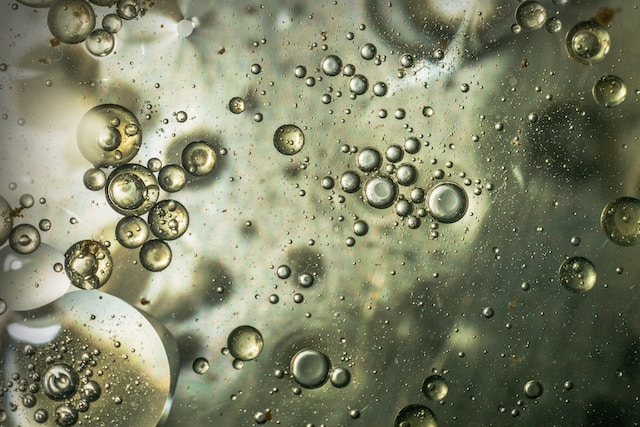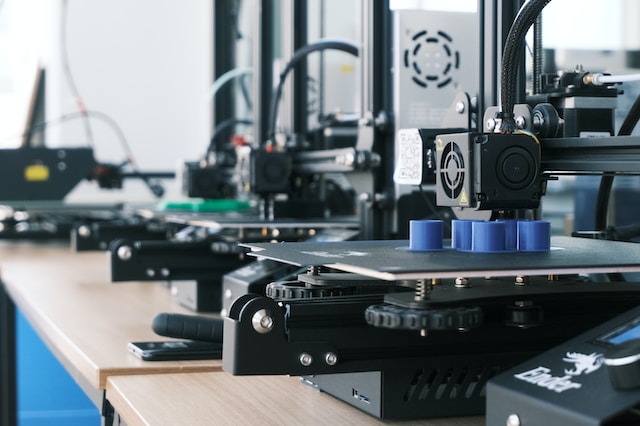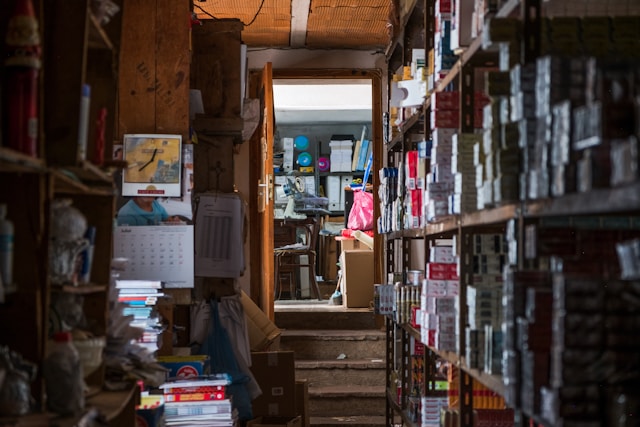Industrial facilities create large quantities of contaminated water daily. This water can wreak havoc on the environment if it flows directly into stormwater systems and is allowed to run off.
Using an oil water separator helps protect natural water resources and ensure environmental sustainability. This solution can also improve business processes.Improved Water QualityIf you’ve ever seen an oil spill on TV, you know that hydrocarbons can wreak havoc on ecological systems. While it may not be as dramatic on a smaller scale, dissolved oil in wastewater can still cause harm to plants, animals, and humans if it enters bodies of water.Oil separators rely on the difference in gravity between oil and wastewater to allow heavier solids (sludge) to sink while oil rises to the top of the separator. Sludge is scraped away, oil is skimmed off the surface, and wastewater moves on for further treatment such as aeration, DAF water treatment, or chemical processing.This equipment eliminates the need for additional treatment, saving valuable time and money for businesses.Potential Cost SavingsIn addition to preventing environmental contamination, oil water separators North Carolina can save businesses money in several ways. By removing contaminants, these systems help prevent costly repairs to pumps and other equipment and reduce energy consumption. Additionally, demonstrating that a business takes its environmental responsibilities seriously can boost customer loyalty and generate positive word of mouth.Oil separators work by separating wastewater from oil based on their specific gravities. This process relies on tumbling the wastewater over surfaces of varying angles. Because smaller oil droplets rise much more slowly than water, they accumulate in a layer that can be skimmed or diverted to a separate holding tank.One particular separator design uses a stack of plates to increase the surface area that wastewater must move over. This design also includes an incline that forces wastewater to the top of the plate stacks. As a result, the separator can effectively capture heavy hydrocarbons in addition to light hydrocarbons.Reduced Environmental ImpactThere’s a reason the old saying goes, “oil and water don’t mix.” However, separating oil from wastewater is not always easy. Without oil separators, oil and wastewater can mix during treatment and end up back on the ground or in the sewer. This leads to environmental contamination and can be costly for businesses. However, incorporating separators into industrial processes can reduce this risk and help businesses meet regulatory compliance standards.After filtering out large solids, wastewater moves into an oil-water separator and flows over coalescing plates on an incline. This enables the heavy solids to settle at the bottom of the separator while the oil rises to the top. This allows sludge to be scraped away and the oil to be skimmed off and sent to a separate tank. This helps businesses comply with sanitary sewer authority standards and save on costly fines, plant shutdowns, and equipment damage.Increased Production EfficiencyIndustrial production produces wastewater streams that must be filtered to meet stringent discharge norms and protect the environment. These wastes often contain oil due to the mechanical, energy, or food industries, and when these oils enter the water system, they can cause various issues.Essentially, an oil water separator captures the heavier oils floating on top of the water, allowing heavy solids (sludge) to sink and wastewater to move through to aeration or DAF water treatment and beyond without the oils disrupting the process.The ability to gather data on what is happening inside your separator will allow you to maximize the performance of the equipment and reduce the amount of sludge that needs to be removed from the process. Ultimately, this can free up space for additional oil production or the utilization of the separator at total capacity. This insight also eliminates uncertainty linked to the everchanging oil field conditions that may affect the separation performance.




